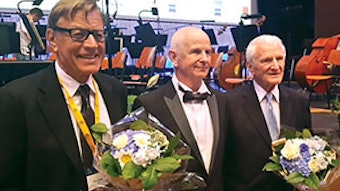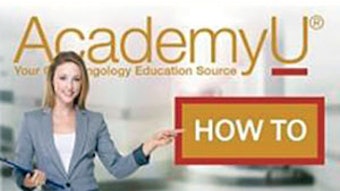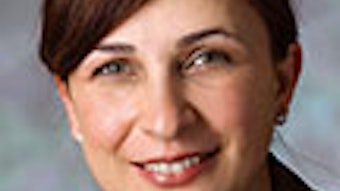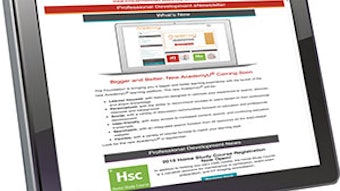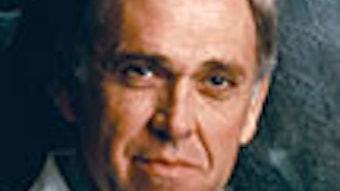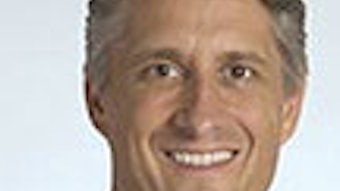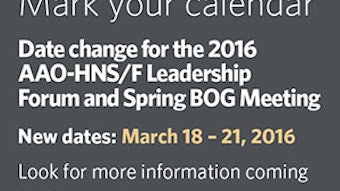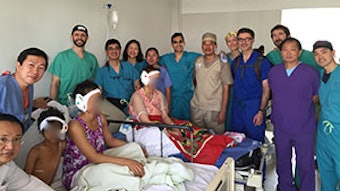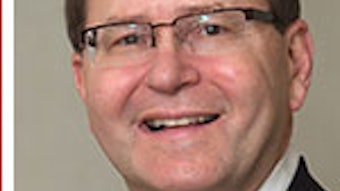Real-life learning, better care
When I passed the exam for the American Board of Otolaryngology 34 years ago, I felt very proud. I had excellent residency training and I felt well prepared to go out and take care of my patients. But the certification exam had merely sampled my knowledge—it was not really a test of competence. Like almost every other physician I know, I learned more during my first year of practice than in any prior year in my life!
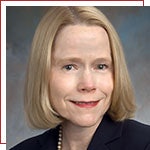 Gayle E. Woodson, MD, AAO-HNS/F President
Gayle E. Woodson, MD, AAO-HNS/F PresidentBy Gayle E. Woodson, MD, AAO-HNS/F President
When I passed the exam for the American Board of Otolaryngology 34 years ago, I felt very proud. I had excellent residency training and I felt well prepared to go out and take care of my patients. But the certification exam had merely sampled my knowledge—it was not really a test of competence. Like almost every other physician I know, I learned more during my first year of practice than in any prior year in my life! There were so many practical issues and nuances that are not covered in textbooks! And the need to learn more never stopped. So much of what I “knew” as a chief resident was obsolete within five years. Such things as endoscopic sinus surgery, fine needle aspiration, and magnetic resonance imaging, etc. … etc. This proliferation of information and technology has continued to escalate.
We are now required to maintain our certification. This is something that has evolved in response to the public demand for some means of assuring that their physicians know what they are doing. Of course, certification itself is not the process that informs us. Certification is only the means of documenting that we are doing our jobs in educating ourselves—something that doctors have always felt morally and ethically compelled to do.

Education research has revealed much about how adults learn. “Case-based” learning was developed to harness our natural tendency to remember best what we need to know. We also now know that people vary greatly in how they learn best: hearing, reading, seeing. We all learn better when we manipulate incoming information in some way, such as by discussion, answering questions, or applying the information to some sample scenario.
This issue of the Bulletin showcases the extent and variety of your Academy’s education products. One core mission of the American Academy of Otolaryngology—Head and Neck Surgery has always been education. Of course, we all rely on the AAO-HNS for advocacy issues and for guidance in practice management. But above all else, we value the educational programs that help us keep up with the relentless progress of knowledge and technology so that we can provide the best care for our patients. Your Academy has continued to exceed our expectations—providing the information we need through an ever-increasing variety of formats that utilize principles of adult learning. We can not only select what we need to learn—we can access information in formats that are best suited to our individual learning styles. All of this is possible because of the tremendous volunteer efforts of Members, based on their real-life experiences as practicing otolaryngologists-head and neck surgeons.
